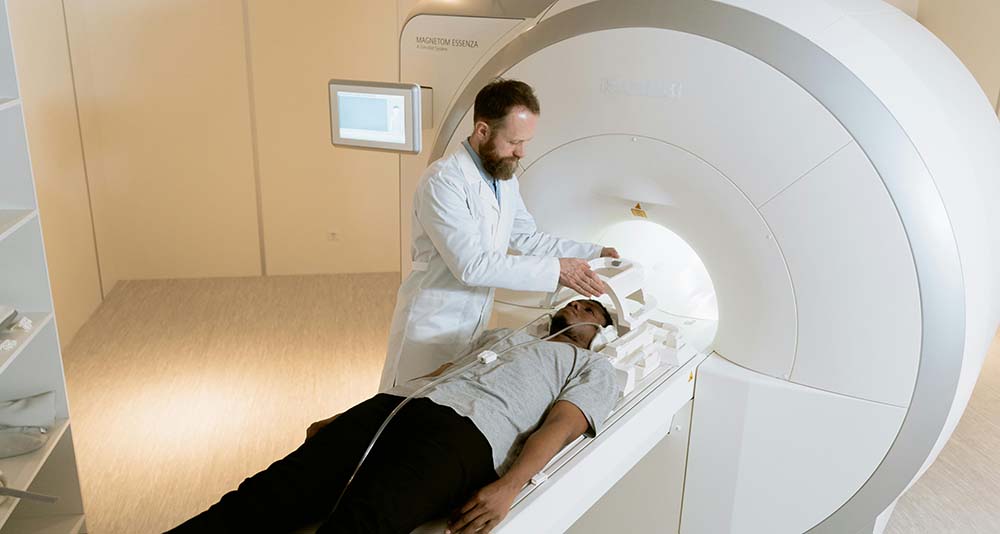Legal and Ethical Aspects of Brain Death
The legal and ethical aspects of brain death play a vital role in how society, healthcare providers, and families respond to end-of-life situations. In South Africa and many other countries, national medical guidelines, constitutional rights, and respect for human dignity govern the legal and ethical aspects of brain death.
Legal Recognition:
In South Africa, the National Health Act legally defines brain death as death. Once doctors declare brain death, they consider the person legally dead—even if machines keep the body functioning. Doctors stop life support and begin organ donation once they receive consent.
To confirm brain death legally:
- Two independent doctors must perform assessments
- One must be a specialist
- Testing must follow a standardised brain death protocol
- Doctors must exclude all reversible conditions
Ethical Considerations:
- Informed consent and communication
Healthcare teams inform families with compassion and clarity. Ethical care includes transparency, cultural sensitivity, and enough time for loved ones to process what brain death means.
- Respect for life and dignity
Even though the brain has ceased functioning, many families need support in saying goodbye, holding vigils, or participating in cultural or religious rituals.
- Organ donation
Healthcare teams ask families to consider organ donation when appropriate. Healthcare teams handle this sensitive topic with compassion and avoid putting pressure on families.
- Withdrawal of support
Once doctors confirm brain death, they ethically withdraw ventilators and medications that artificially support bodily functions. This is not euthanasia — it is an acknowledgement that death has occurred.
- Disagreements and cultural perspectives
Some families may struggle with the idea of brain death, especially in cultures where breathing or heartbeat is equated with life. Ethics committees and social workers often assist in navigating such conflicts.
In South Africa, healthcare providers must follow established policies regarding the legal and ethical aspects of brain death to ensure families are protected, patients are respected, and systems remain trustworthy.
Understanding the legal and ethical aspects of brain death provides peace of mind and supports decision-making at a profoundly difficult time.
👉 [Next: Medical Management After Brain Death]


